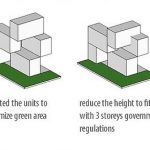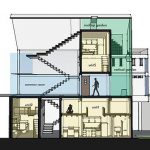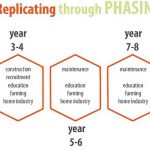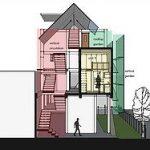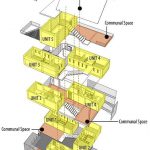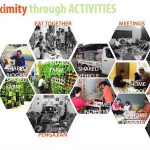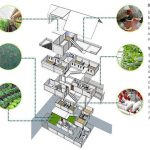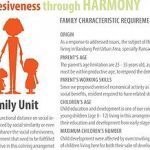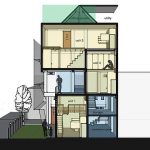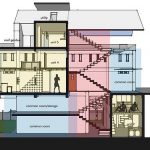CO-LIVING
Rancaekek, Bandung
Demand-supply gap of Bandung Basin peri-urban region Bandung basin peri-urban regions is covering urbanization changes driven by larger scale dynamic that is beyond it’s capability to control. Land use change followed by environmental degradation has become evidence of social and economical changes in the region as a consequences of economical driven development dynamic in the urban core. Changes have been progressing whereas peri-urban area sits between urban core and rural area to perform it’s role as buffer zone for both areas.
PROPOSED CONCEPT
Background research of Eight Indonesian Cities about Bandung Cities find the need of integrated network of social, economical, and physical for Bandung Basin Urban Region to go towards sustainability. The integrated network is to support value, market, and ecological connectivity within the region since Bandung City dynamic have been long rooted and now growing with Bandung Basin as it’s least vicinity. Further on, research also find the opportunity to promote initiation of integrated network in peri-urban area since the area is the connecting part of the regions both towards urban core and rural area. An experimental project of Kebon Belajar Tunas Nusa has been run since 2013 as living laboratory to testify also to search deeper understanding about integrated network after the finding. It is a home-agriculture site that keeping farming yet combine it with educative tourism as it’s main economical activities, while permaculture system is introduced to promote ecological remediation for the degraded soil, water, and biodiversity. Lesson learn from the living laboratory experiment is that young family is essential for changes continuity and proximity.
From this stand point, Co-living concept is proposed as an alternative to bridge the issues of urbanisation pressure, demand-supply gap of peri-urban region, demography bonus opportunity, and the initiation of integrated network for Bandung Basin that promote farming as daily basic household activity for small scale multifamily housing with Rancaekek peri-urban area as context for the study. Young family is the choosen actor as to tackle demographic bonus opportunity as well as it is key agent of change. Grabbing the lesson learn essence, main goal of this participatory research is a resilient community.
RESEARCH APPROACH
Using the same approach as the background research of Eight Indonesian Cities, this participatory research of Co-Living is also using triangular prism model. The model is to promote integration of economy, physic, and social aspects; as well as to consider connectivity between macro, meso, and micro scale space and dynamic.
VISION
Physic Building and Site efficient
Building a compact dwellings that can hold co-living activities such as farm,education while maintin private areas for each family
Resilient Family Economy
Having a sustainable economy system that correspond with the peri urban context and benefit both each family unit and its community
Social Resilent Community
Facilitating the community development and economy – related activity in the most effective and efficient way while responding to the physical context of Bandung Basin’s Peri-Urban

